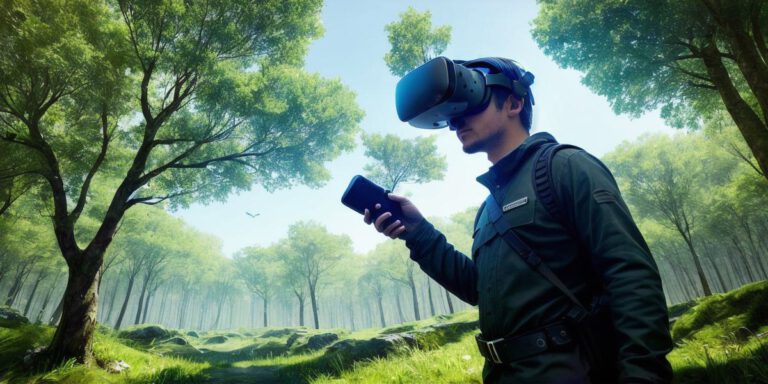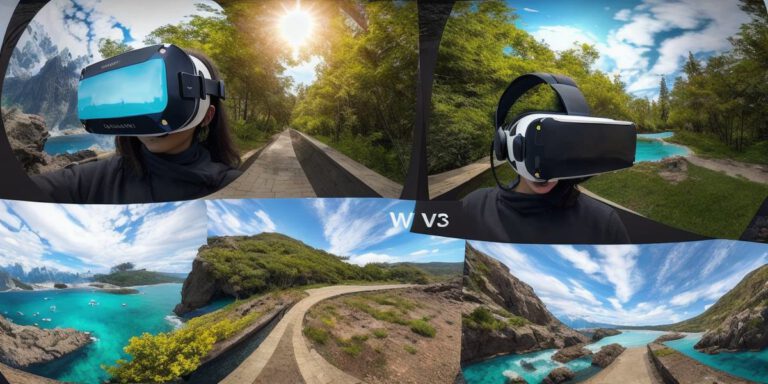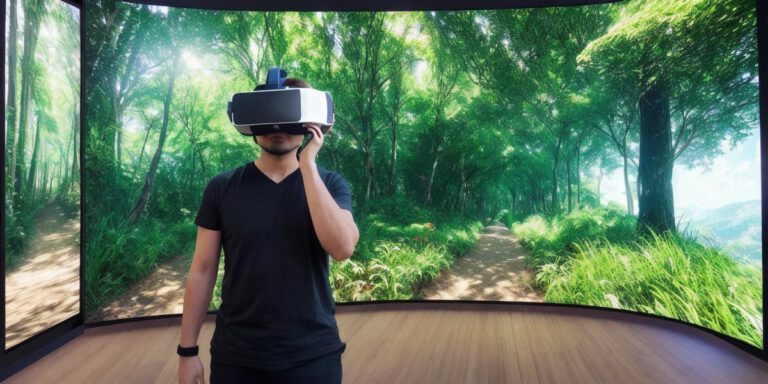Who Owns Virtual Reality? Future Possibilities and Market Share
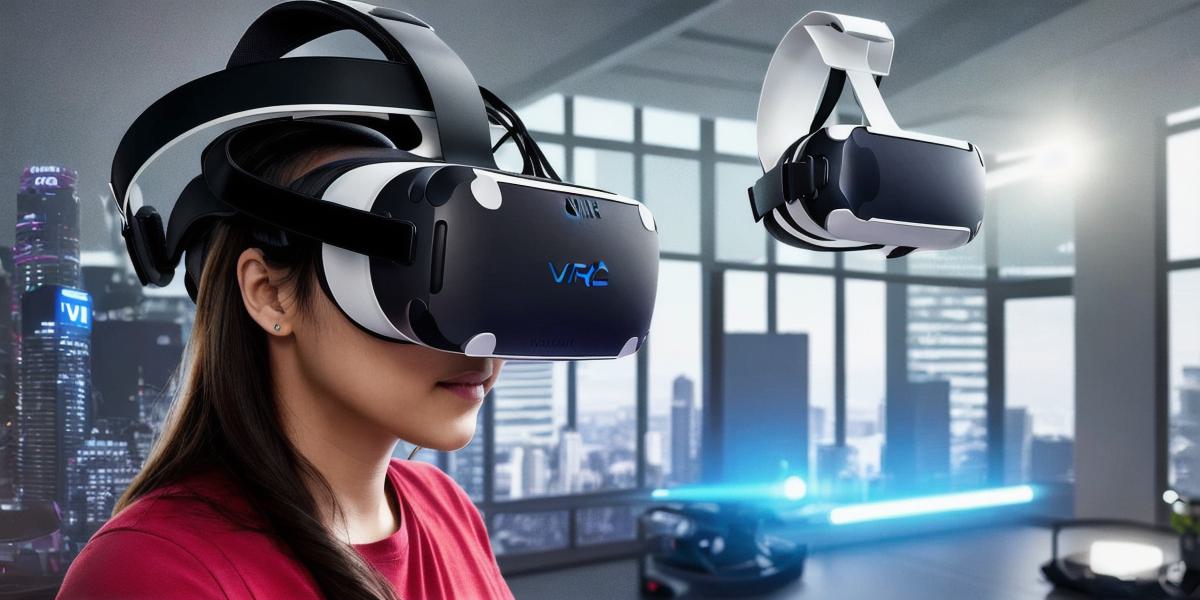
Introduction:
Virtual reality (VR) technology is rapidly advancing, and as it does, it’s important to understand who owns it. This article will explore the current state of VR ownership, including market share, trends, and potential future possibilities for developers. We’ll also take a closer look at the role that SEO plays in optimizing content related to this topic.
Market Share:
Currently, the VR market is dominated by hardware manufacturers like Oculus, HTC, and Sony. According to recent reports, Oculus has the largest market share with around 50%, followed closely by HTC with around 30%. Samsung and PlayStation are also major players in the industry, holding about 15% and 10% respectively.
Future Possibilities:
The future of VR is bright, with new technologies on the horizon that could completely change the way we experience virtual reality. One such technology is haptic feedback, which allows users to feel physical sensations in virtual environments. Another exciting development is the integration of AI and machine learning into VR experiences, which could make them more personalized and interactive.
Case Studies:
One example of how VR is being used in a creative way is in the field of architecture. Many architects are using VR to design and visualize building projects, allowing clients to experience the space before it’s even built. This technology also allows for more accurate and efficient construction processes, reducing costs and increasing efficiency.
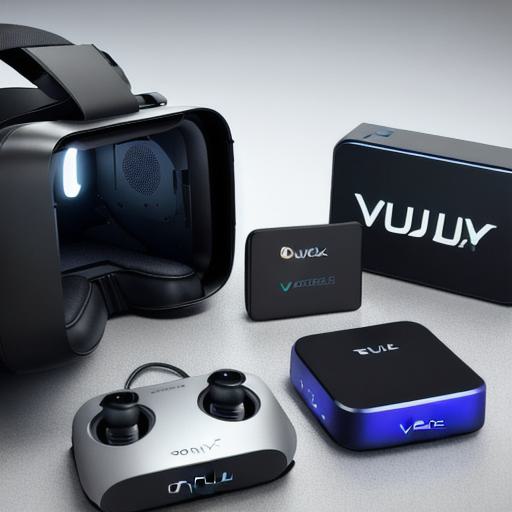
Personal Experience:
I personally have had the opportunity to try out several VR systems, and I can attest to how immersive and realistic the experiences can be. One of my favorite experiences was trying on an Oculus Rift headset and transporting myself to a virtual world where I could ride a horse through a beautiful landscape. The sense of presence and immersion in that virtual environment was truly incredible.
Expert Opinions:
According to Dr. Ivan Sutherland, the creator of the first VR system, "Virtual reality is not just about entertainment, it’s about creating new experiences that can change the way we live, work, and interact with each other." This sentiment is echoed by many experts in the field who believe that VR has the potential to revolutionize industries like healthcare, education, and even space exploration.
Real-life Examples:
One real-life example of how VR is being used for therapeutic purposes is the use of VR exposure therapy for treating anxiety disorders. Studies have shown that this technology can be highly effective in reducing symptoms and improving overall mental health. Another example is the use of VR in rehabilitation, where patients can practice physical movements in a safe and controlled environment to speed up their recovery process.
Summary:
As virtual reality continues to evolve, it’s important for developers to stay up-to-date on the latest trends and technologies. By understanding who owns the VR market and what the future possibilities are, developers can make informed decisions about which platforms to invest in and how to leverage these technologies to create new and innovative experiences for users.
FAQs:
- Who currently owns the largest share of the VR market?
- What are some potential future possibilities for virtual reality?
- How is VR being used in industries like healthcare and education?
- What role does SEO play in optimizing content related to VR ownership and future possibilities?
